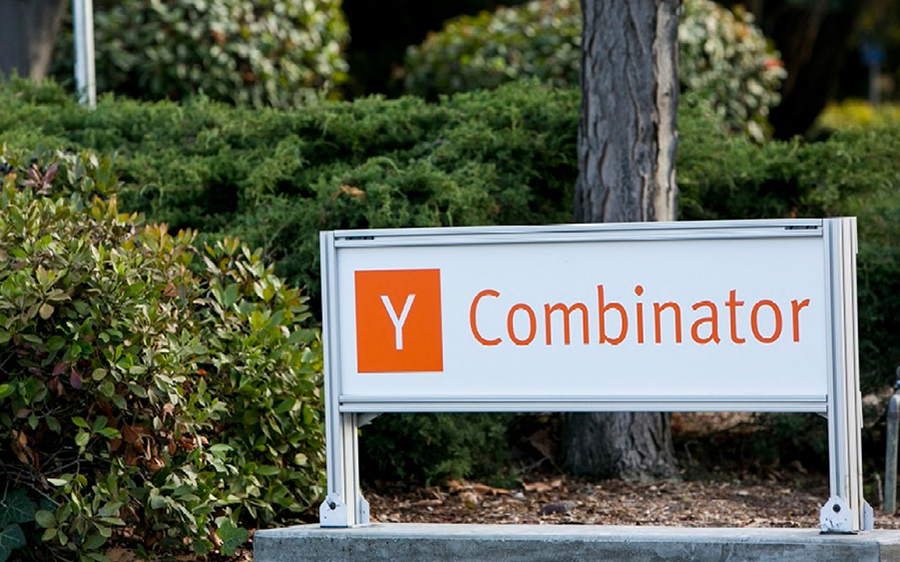OpenAI, the AI research powerhouse behind ChatGPT, has just closed the largest venture capital round in history, securing $6.6 billion in funding, bringing its post-money valuation to $157 billion. Led by Thrive Capital, the round includes major investments from Microsoft, Nvidia, SoftBank, and others, boosting OpenAI’s total funding to $17.9 billion, according to Crunchbase.
Thrive Capital invested $1.3 billion with an option to add another $1 billion by 2025, Other key investors include Microsoft, contributing just under $1 billion, Nvidia with $100 million, and SoftBank, which pledged $500 million, reports The Wall Street Journal.
This massive infusion will fuel OpenAI’s continued leadership in AI innovation. “The new funding allows us to strengthen our position in frontier AI research, expand our compute capacity, and build tools to tackle global challenges,” the company shared in a blog post. OpenAI also emphasized its commitment to partnering with developers and shaping a future powered by AI.
However, there are conditions. The Financial Times reported that OpenAI requested its investors not to back competitors like Anthropic or xAI, raising questions about the company’s competitive strategies.
OpenAI’s Growing Footprint
Already the world’s top-funded AI startup, OpenAI’s new round solidifies its market dominance. Competitors like Anthropic and xAI have raised less than half of OpenAI’s funding.
Also, OpenAI leads the generative AI market. its product ChatGPT boasts over 250 million users, with 10 million paying subscribers, generating $2.7 billion in annual revenue. OpenAI’s total revenue is projected to surpass $3.4 billion this year.
Strategic Shifts and Future Growth
The record-breaking round comes with strategic shifts. OpenAI plans to move away from its nonprofit structure to a fully for-profit model, giving it more flexibility to attract future investments. According to Bloomberg, investors can pull their funding if the transition isn’t completed within two years.
This transition could enable OpenAI to invest in long-term, capital-heavy projects, like building its own AI chips and data centers to reduce reliance on Nvidia hardware. Additionally, the company will have the resources to secure licensing agreements with major data providers, further strengthening its competitive edge.
Challenges Ahead
OpenAI faces growing competition. Rivals like Runway and Luma Labs have already launched advanced AI video models, and Anthropic, Google, and Amazon are investing heavily in next-generation AI infrastructure.
OpenAI may also face leadership challenges, as several high-profile executives, including CTO Mira Murati and research VP Barret Zoph, have recently resigned.
Despite these hurdles, OpenAI projects bold growth, aiming to reach $100 billion in revenue by 2029



